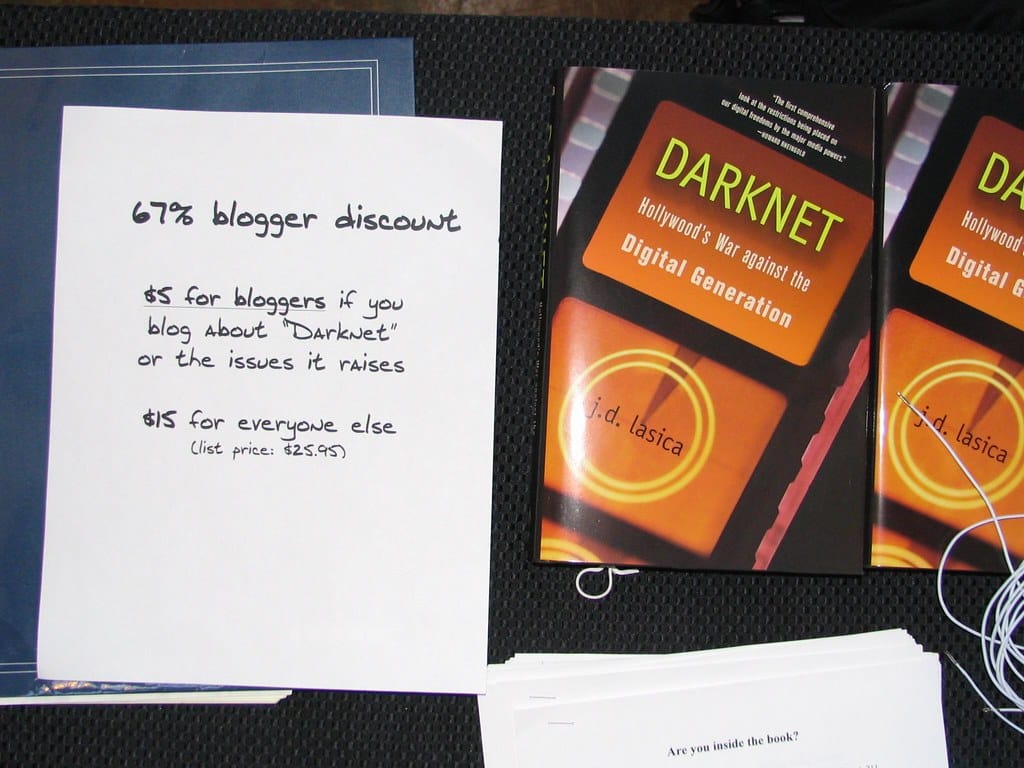Universal Pictures Draws Battle Lines: Major Studio Threatens Big Tech Over AI Movie Theft
Universal Pictures has fired a warning shot across the bow of Big Tech, threatening legal action against any technology company that uses its copyrighted movies to train artificial intelligence systems without permission. This bold stance marks a significant escalation in the brewing war between Hollywood and Silicon Valley over AI's voracious appetite for creative content.
The Stakes Couldn't Be Higher
The entertainment giant's ultimatum comes as AI companies increasingly rely on vast datasets of copyrighted material—including movies, TV shows, books, and music—to train their large language models and generative AI systems. Universal's threat represents more than just corporate posturing; it's a calculated move to protect billions of dollars in intellectual property from what the studio views as systematic theft.
"We will not stand idly by while tech companies build billion-dollar businesses on the back of our creative works," a Universal spokesperson stated, though the company has yet to file formal lawsuits. The warning specifically targets major AI developers like OpenAI, Google, Meta, and others who have been accused of scraping copyrighted content without consent or compensation.
A Pattern of Unauthorized Use
Recent investigations have revealed that many AI training datasets contain copyrighted material from major studios. Research from Stanford University found that popular AI training sets included thousands of movie scripts, episode transcripts, and other protected content from studios like Universal, Disney, and Warner Bros.
The situation became more urgent following revelations that OpenAI's GPT models were trained on data that likely included copyrighted films and television shows. When questioned about specific content in their training data, several AI companies have invoked trade secret protections, refusing to provide detailed breakdowns of their source materials.
Legal Precedents Take Shape
Universal's threat builds on growing legal momentum from the creative industries. The Authors Guild has already filed class-action lawsuits against OpenAI and Meta, claiming their AI systems were trained on pirated books. Similarly, Getty Images is pursuing legal action against Stability AI for allegedly using millions of copyrighted photographs without permission.
These cases are establishing important precedents around fair use, copyright infringement, and the commercial exploitation of creative works in AI development. Legal experts suggest that movie studios like Universal have particularly strong cases due to the clear commercial value and extensive copyright protections surrounding major film releases.
The Economics of AI Training
The financial implications are staggering. Training advanced AI models can cost hundreds of millions of dollars, but much of that expense could shift to content licensing if courts rule in favor of copyright holders. Industry analysts estimate that legitimate licensing deals for training data could add $10-50 billion annually in costs for major AI companies.
For Universal, the stakes are equally significant. The studio's catalog includes valuable franchises like "Fast & Furious," "Jurassic Park," and countless other properties that could be generating additional revenue through proper AI licensing agreements.
Tech Industry Pushback
Major technology companies argue that their use of copyrighted content falls under fair use provisions, particularly for research and development purposes. They contend that AI training represents a transformative use that doesn't directly compete with original works.
However, this argument faces increasing scrutiny as AI systems become more sophisticated at reproducing content that closely resembles their training material. Recent examples of AI systems generating movie-quality dialogue or recreating specific cinematic styles have undermined claims that the technology only learns abstract patterns.
What Comes Next
Universal's threat signals a new phase in the AI copyright wars. The studio appears prepared to follow through with litigation, potentially setting up landmark court battles that could reshape how AI companies acquire and use training data.
Industry observers expect more studios to join Universal's hardline stance, creating a united front against unauthorized use of entertainment content. This coordinated approach mirrors successful campaigns against online piracy in the early 2000s.
The Bottom Line
Universal Pictures' ultimatum to Big Tech represents a pivotal moment in the intersection of artificial intelligence and intellectual property law. As AI systems become more powerful and commercially valuable, the question of fair compensation for training data will only grow more contentious.
The resolution of this conflict will likely determine whether AI development continues its current trajectory of rapid, largely unrestricted growth, or whether it shifts toward a more regulated model that properly compensates content creators. For now, Universal has made its position crystal clear: use our content without permission, and face the legal consequences.
